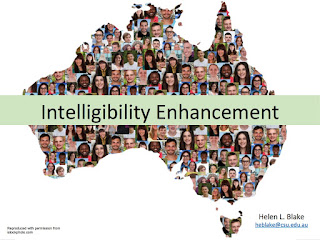Here is how our CSU Head of Campus, Professor Chika Anyanwu has described its significance:
NAIDOC Week celebrates the history, culture and achievements of our Aboriginal and Torres Strait Islander peoples. This year’s theme is Our Languages Matter. The aim is to emphasise and celebrate the unique and essential role that Indigenous languages play in cultural identity, linking people to their land and water and in the transmission of Aboriginal and Torres Strait Islander history, spirituality and rites, through story and song.
As a University whose ethos is built on Yindyamarra Winhanganha, ‘the wisdom of respectfully knowing how to live well in a world worth living in’, I would like us to join in celebrating the achievements and contributions that our Aboriginal and Torres Strait Islander people have made in our lives: as custodians of the land and waters that have nurtured and made our lives in the region worth living in; as custodians of wisdom through their spirituality, rites and song lines; as custodians of the languages which have held their culture for thousands of years and enriched ours as a result, and as intellectuals who have made enormous educational, entrepreneurial and cultural contributions which have nurtured, and continue to nurture future generations.































